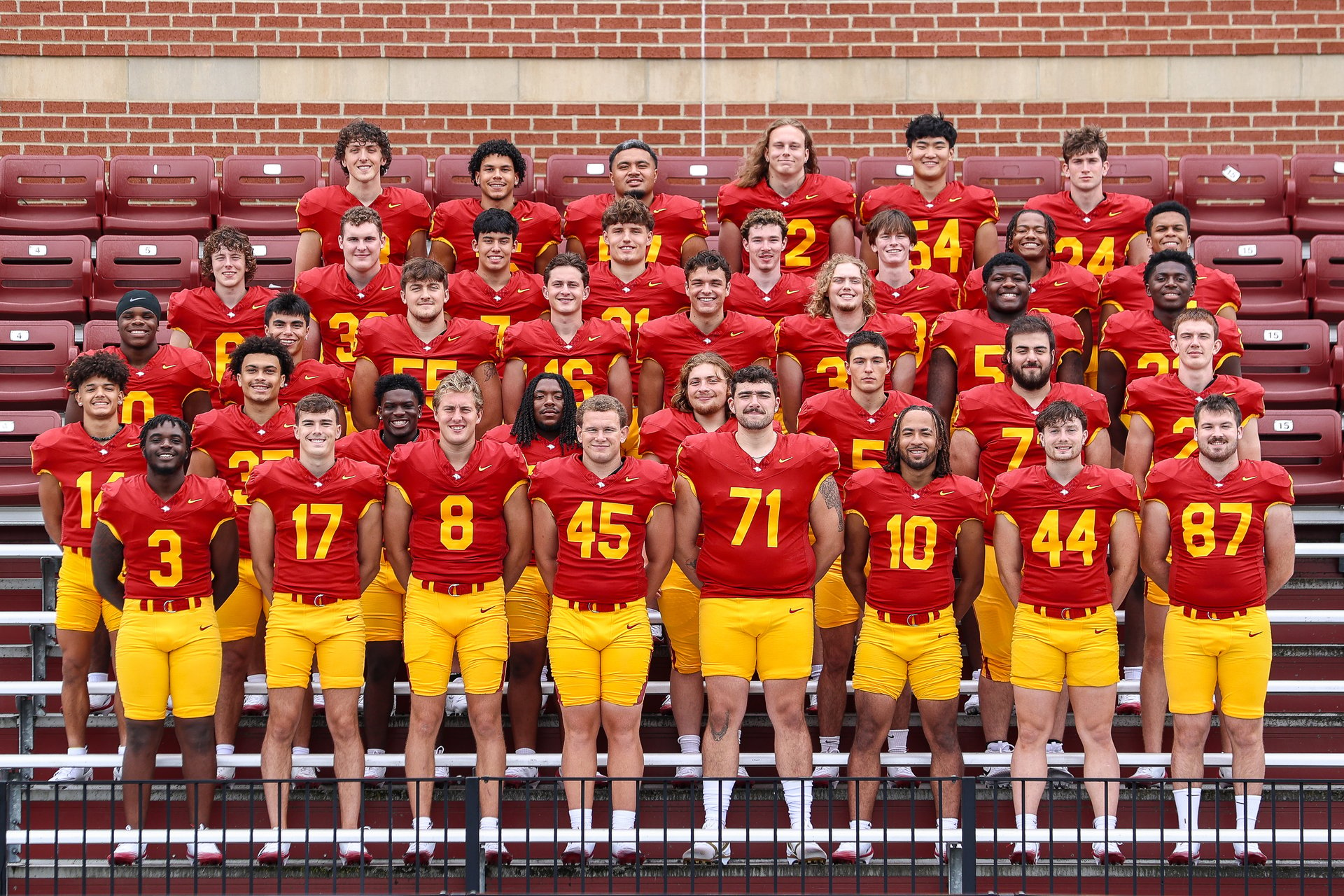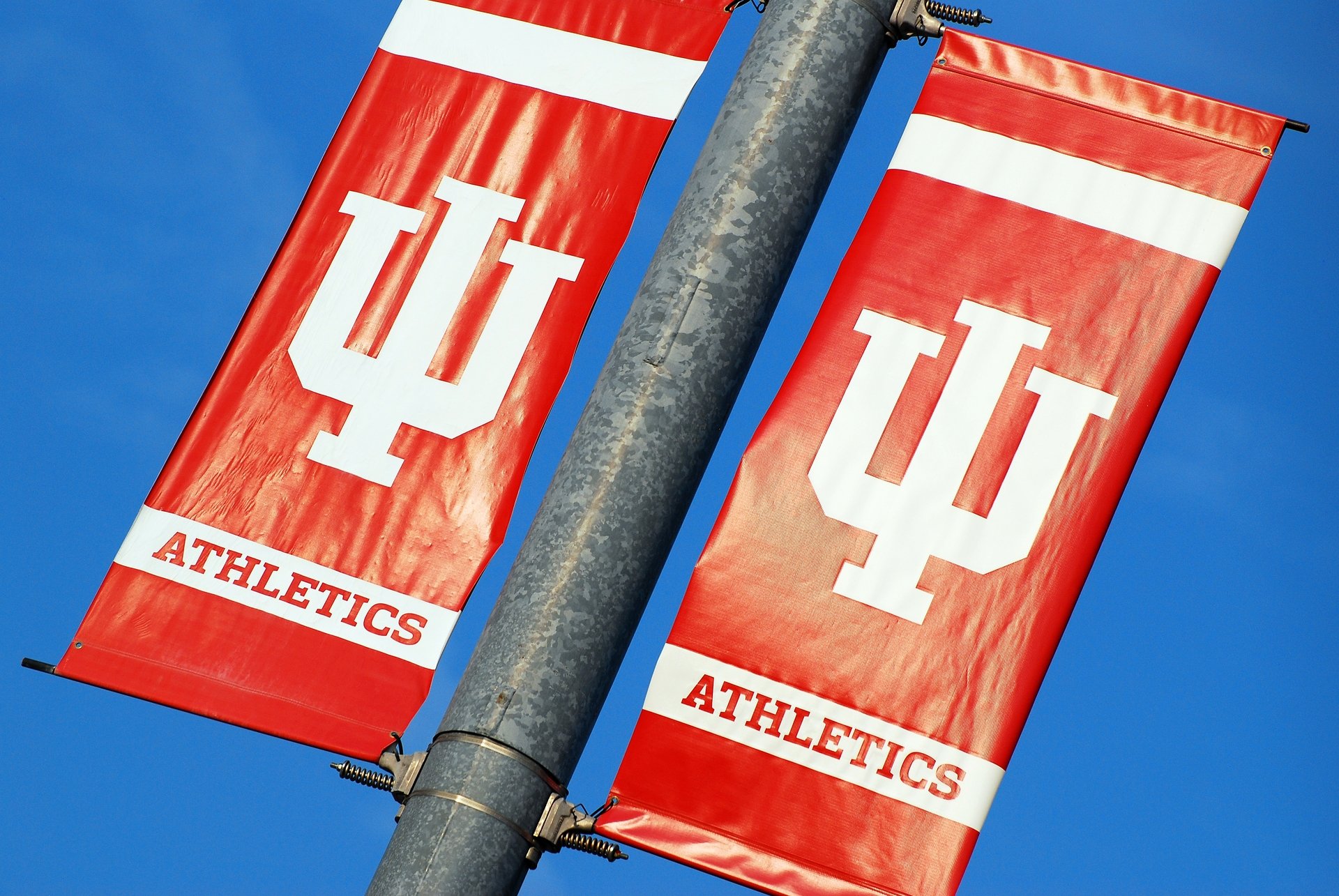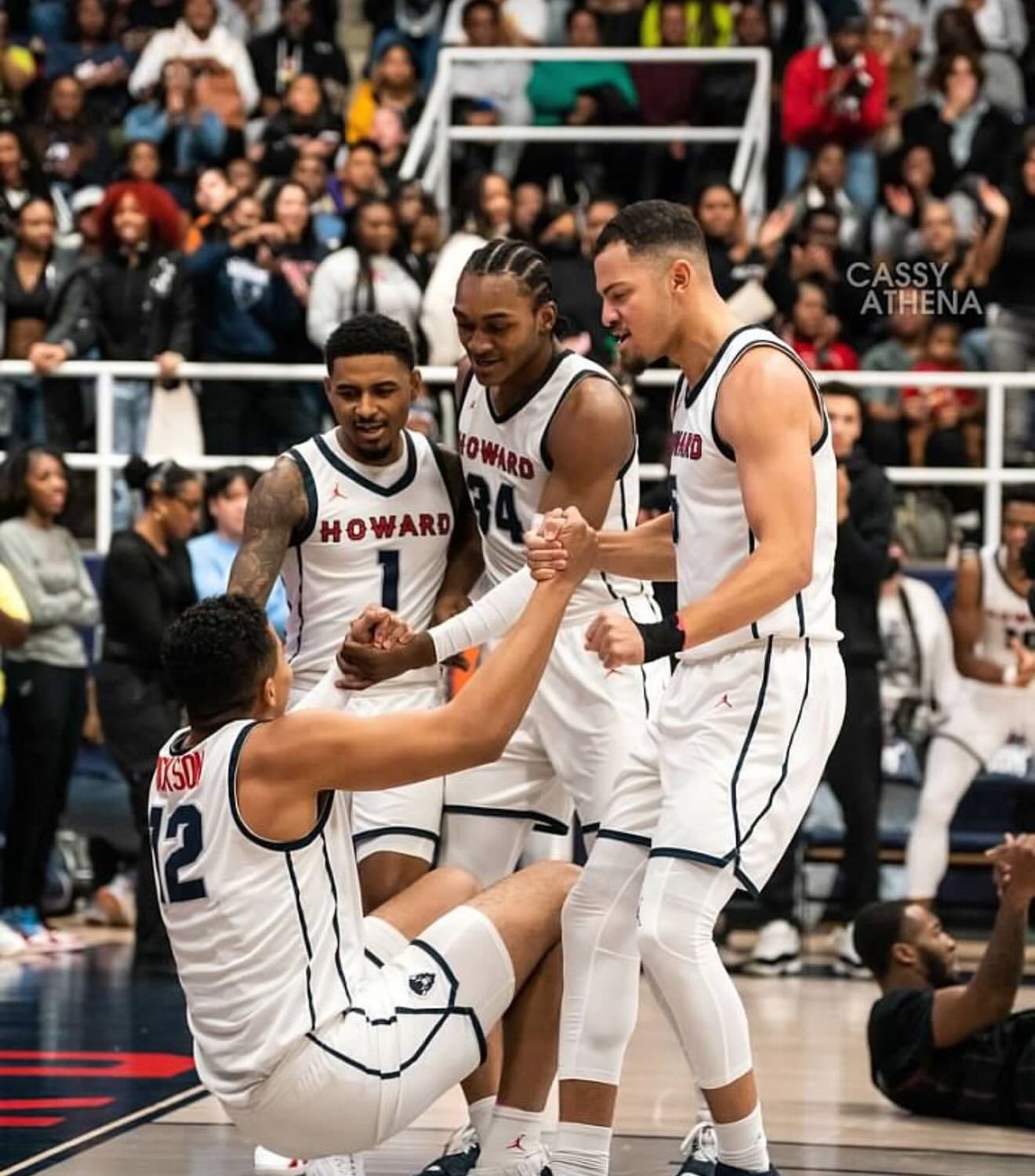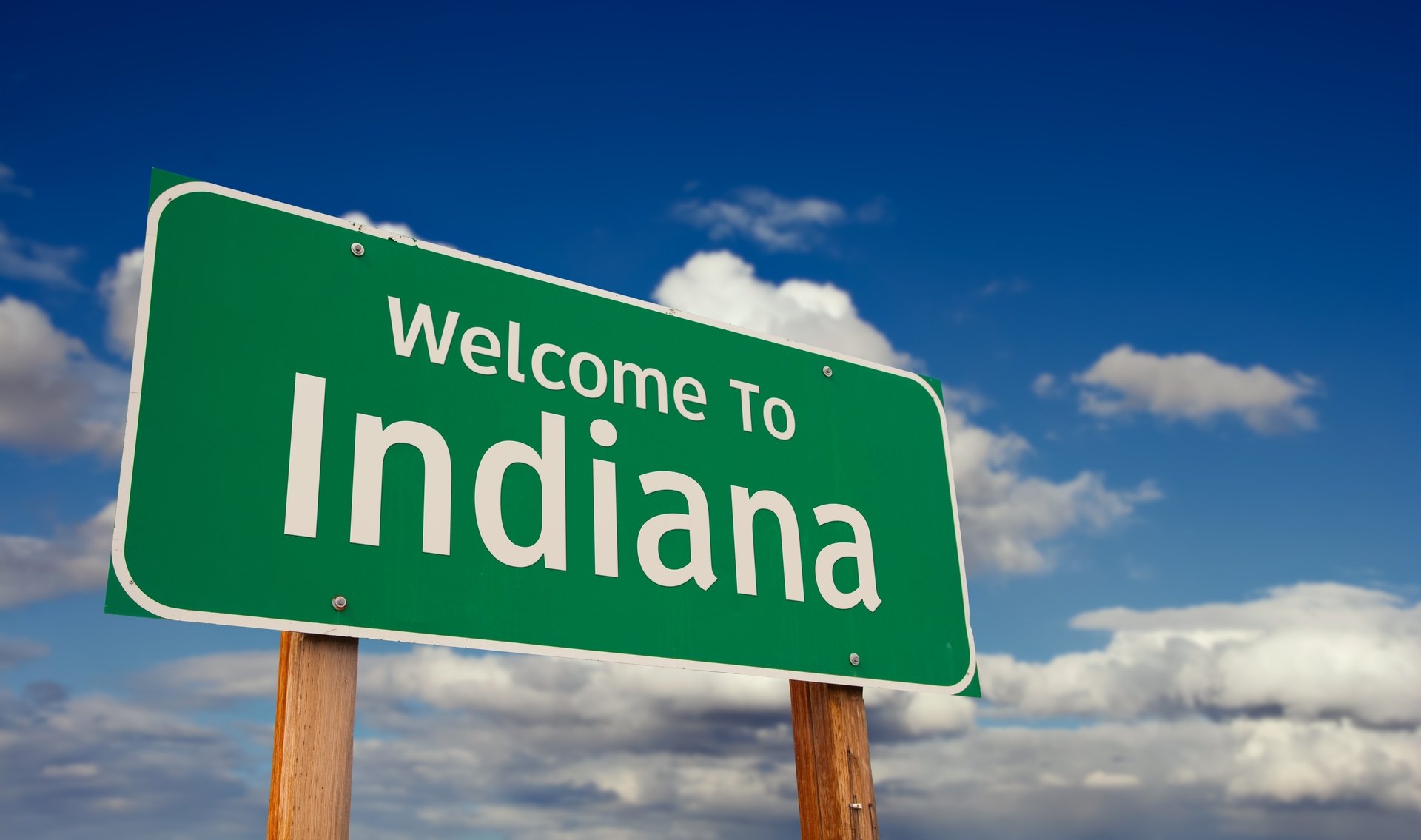Good morning, and thanks for your continued support of Extra Points. I'm flying back to Chicago a little later this afternoon, but for now...
ATLANTA-
As he opened the awards ceremony for the NIL Summit on Monday night, INFLCR CEO Jim Cavale gave an impassioned plea, one I've heard him make several times before, both in public and private. He advised the athletes sitting in the audience to use this opportunity to think expansively about their NIL opportunities, to network with each other and with companies, to talk to reporters about their experiences, and to think about NIL opportunities as more than just an opportunity to make a quick buck.
Then he turned the time over to Darren Rovell, a grown man wearing a money costume.
Sure, it's a funny observation, but I kept coming back to it while talking to athletes and others in the greater NIL extended universe over the course of the Summit.
It's hard the story of what NIL means, and what opportunities it can present when NIL still means a lot of different things to different people. And it's become clear to me, after talking to so many athletes, that they still have some pretty big questions about NIL.
For what it's worth, I honest to God thought the NIL Summit was a good and valuable event. Hundreds of college athletes, from the P5 to I-AAA, were there, and had a chance to network, learn from each other, and hear from all sorts of industry leaders. Nearly to a person, the athletes I spoke to were very grateful for the event and excited about it.
I think that's particularly notable, given who this particular event was for. If anybody from the NCAA showed up to this thing, I missed them. There weren't many senior athletic department administrators or representatives from major collectives. Outside of a handful of other reporters, by and large, this was an event for NIL industry professionals and athletes. I do think that's an important niche to be filled in this world.
It is also important to point out that all of this is super new. This was the first time an event like this has been held. Many of the companies operating in this space are new. The regulatory environment has changed massively over the last several months, meaning current realities are new for compliance offers, coaches, ADS, and more. It isn't going to be perfect, and nobody is really expecting that. Or at least, they shouldn't.
I sometimes forget about this, because this tiny niche of college sports has become my entire beat, and I talk to administrators, vendors, NIL industry people etc just about every week. But most normal, functional human beings do not do this. And you know else doesn't? College athletes!
I talked to athletes at HBCUs and P5 institutions, athletes at FCS and FBS schools, athletes who play basketball, and athletes who play water polo.
Far and away, THE most common question I heard from athletes when I talked to them was "how do I get started with NIL?"
It wasn't "how do I find an agent", or "how do I build my personal brand" or "how do I budget and account for taxes" or any number of other more advanced issues. I'm talking very, very basic questions. How do I engage with this new world on any level?
I also, routinely, heard a complaint that has been relatively constant since this beat really started....that athletes did not feel they were getting meaningful and relevant information from their schools. Most reported getting some basic compliance education or warnings of high-level risks, but few reported getting useful instruction on how to find, evaluate or pitch themselves for deals.
To the school's credit, this is why several of them decided to help send their athletes to this conference, to help better get answers to those questions. And also to their school's credit, others may very well have provided some of that education, only for students to not really engage with it. Twenty-year-old athletes are still, in fact, twenty-year-olds, liable to do twenty-year-old things. Like not pay attention in class.
But even then, all of the other high-level, NIL optimization-type questions and seminars are completely moot if a large enough base of athletes is not prepared to meaningfully participate in this world. The type of athlete to fly out to Atlanta and sit in a museum for six hours to learn about NIL is likely to be one of your most engaged athletes. If they, a year in, still have very basic questions, what about the rest of the department?
There are a lot of companies out there offering NIL education services. I don't think there are a lot of companies that are offering NIL education services that athletes are actually engaging with. I wasn't much of an educator, but I did teach long enough to know that subject matter expertise alone is not enough to make one effective at conveying information....and I think we're seeing that with NIL.
And if anybody, be they an AD, brand, NIL marketplace service or anybody else, wants athletes to devote more time from their already impossibly overloaded brain to engage in this world, I really believe they must provide a clear explanation for what NIL actually is. Is this worth taking the time to build a professional network for their post-graduation world? Is it to maximize their earning potential now? Should they just grab any collective cash they can and focus their energies on their sport? How are these situations context-dependent?
If an athlete doesn't know those answers, how are they supposed to tackle the really hard stuff, like figuring out how to sell their "story" or "brand" when, as a teenager, they barely understand who they even ARE yet? How are they supposed to financially plan for the future, or evaluate opportunities, or figure out the opportunity cost for investing time in NIL?
If this Summit proved anything to me, a lot of athletes want answers to those questions. A lot of people, some well-meaning, some perhaps less so, want to help them find answers.
But there are some very basic ones that need to be cleared up first. Maybe that gets cleared up in time. But as an industry, I suspect the greater NIL world needs to do a better job of really talking to athletes, and not just other middle-aged industry figures who are talking about athletes.
Perhaps this is a step in that direction.
To sponsor a future Extra Points newsletter, please email [email protected]. For article ideas, newsletter feedback, FOIA tips, athlete NIL sponsorships, and more, I'm at [email protected], or @MattBrownEP on Twitter, and @ExtraPointsMB on Instagram.


















